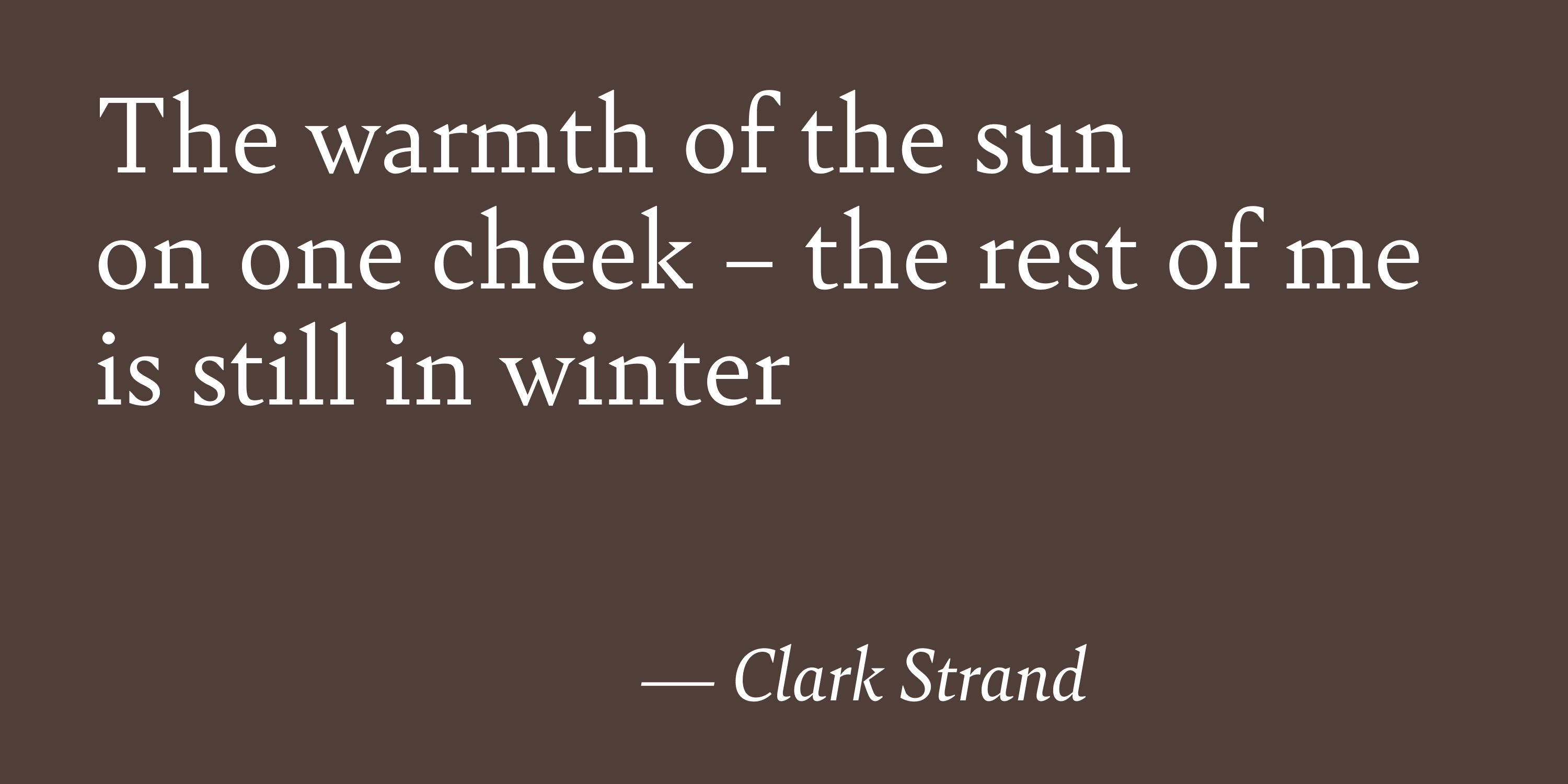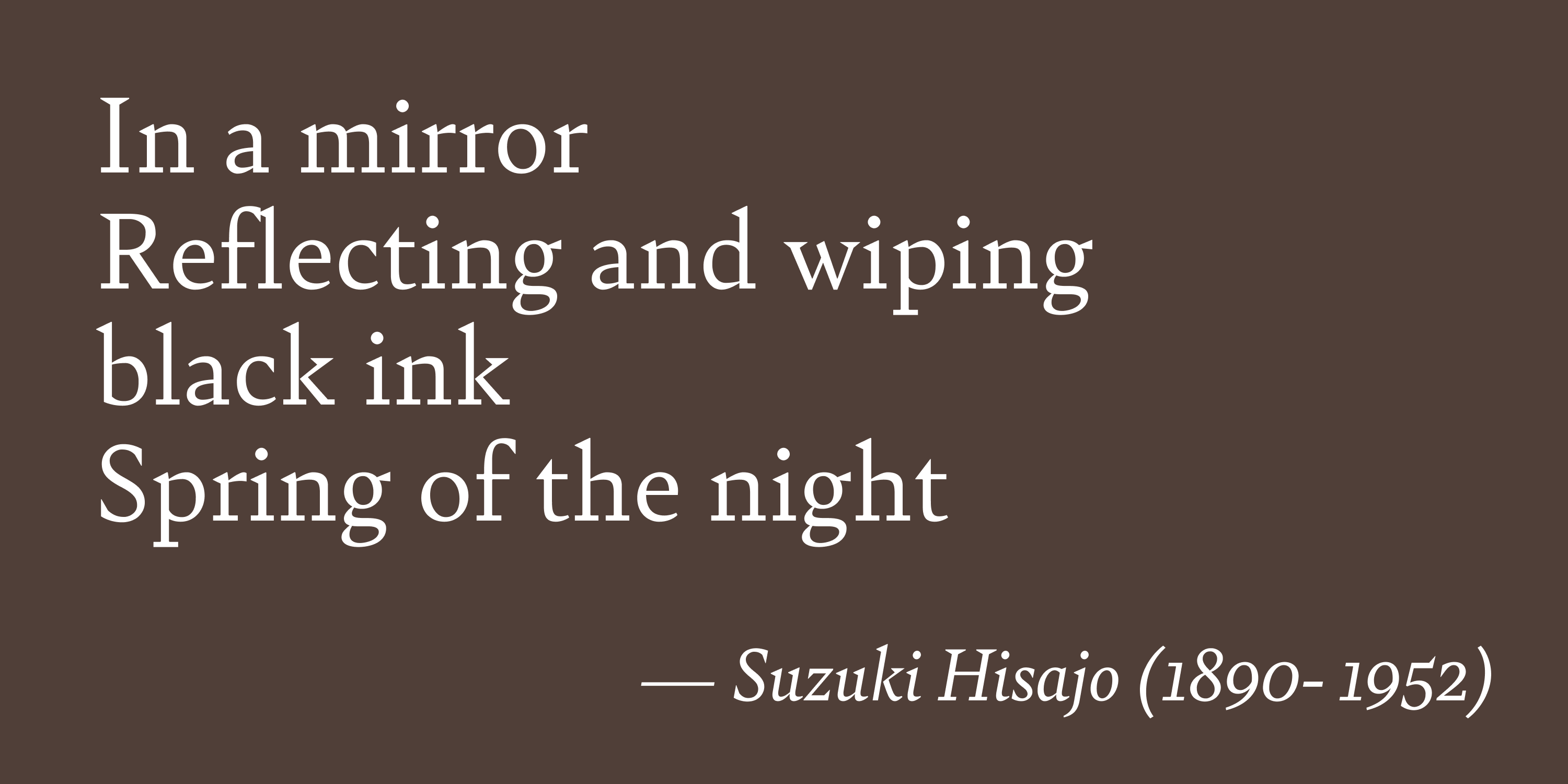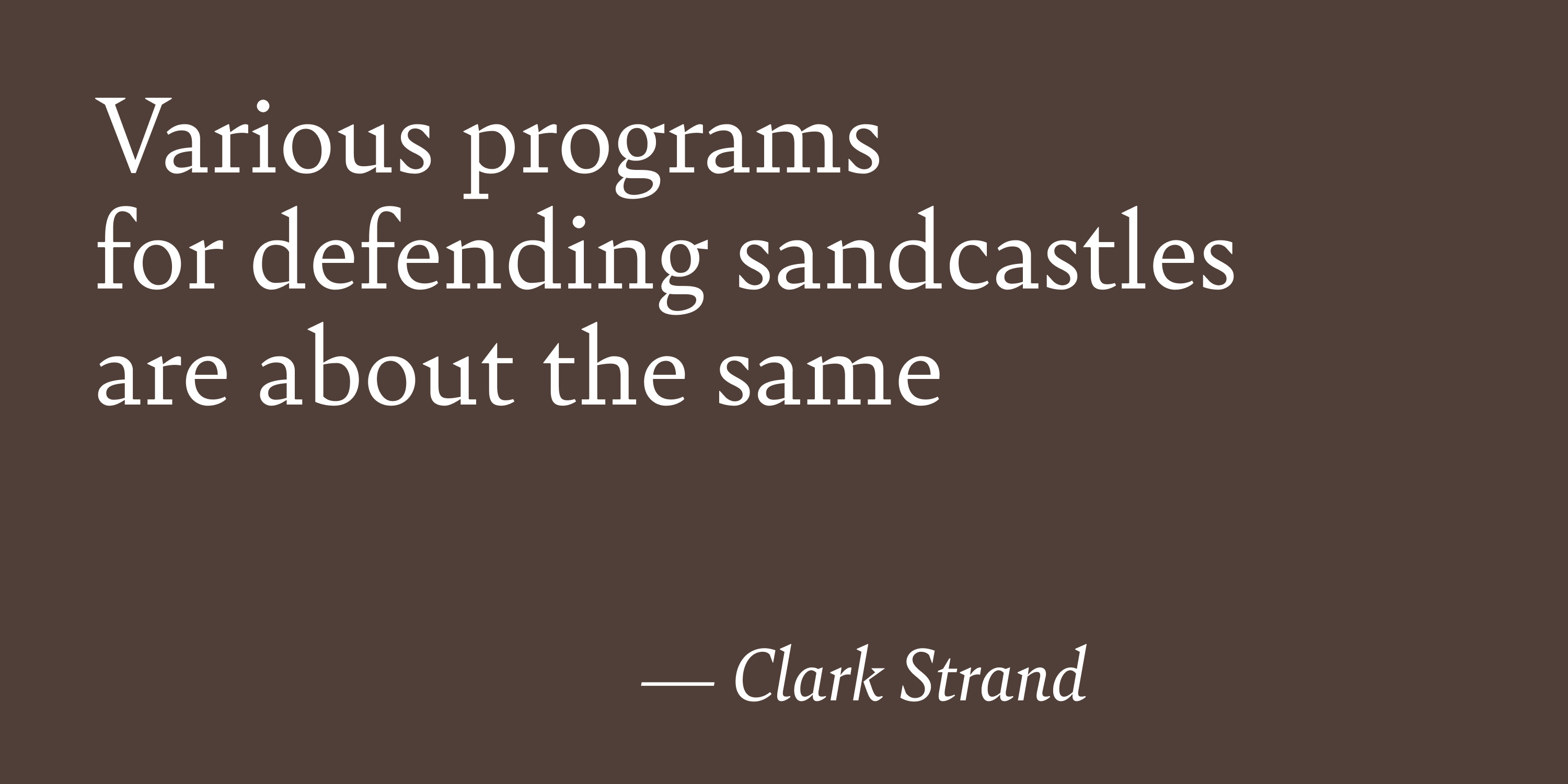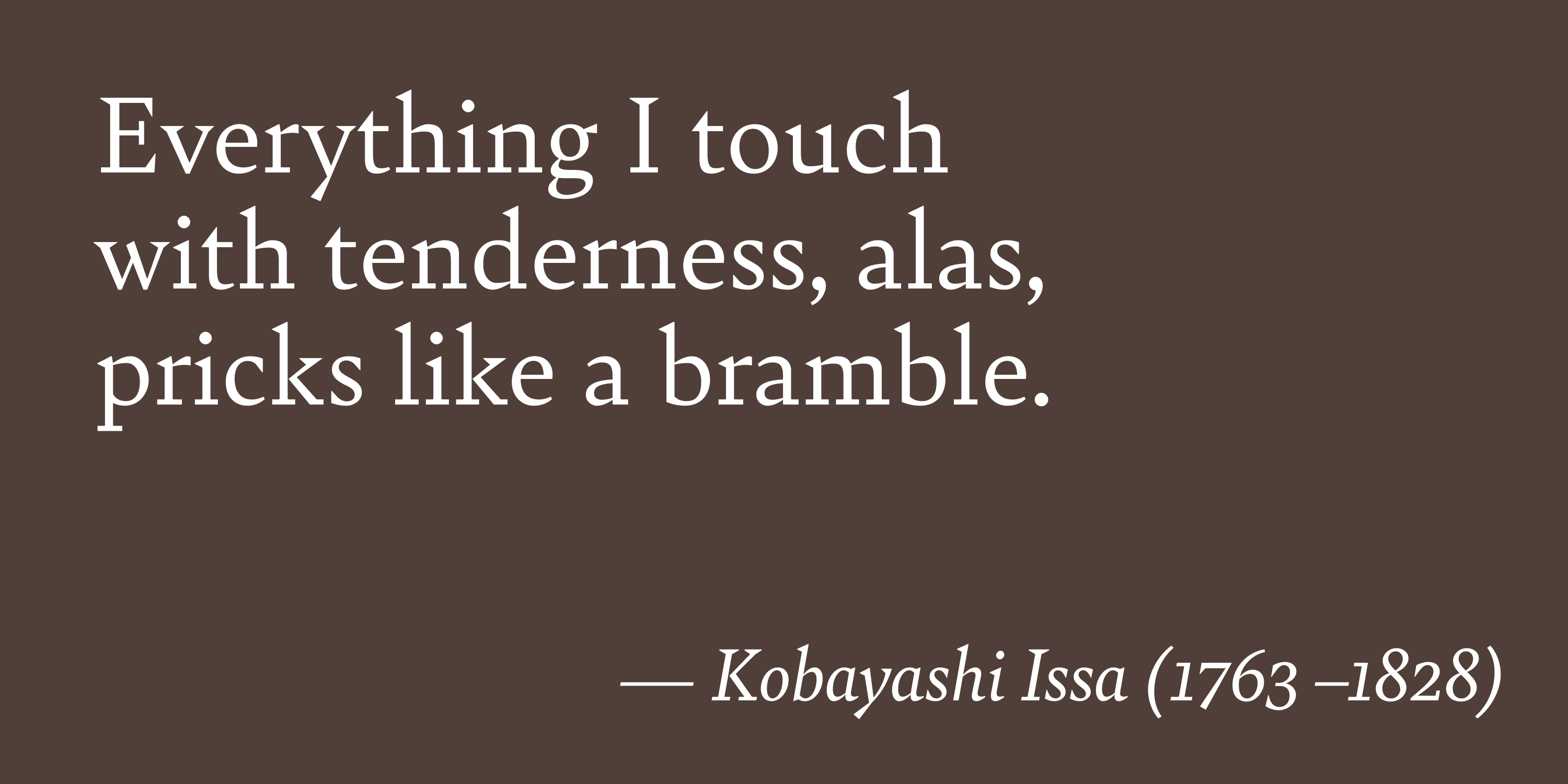Observations:
Questions

Observations are a live library of ideas to help you get unstuck. We talk to social development innovators, doers and thinkers and ask them to share their thoughts. These are some of their insights, served as small, refreshing nuggets of wisdom. Please, grab a bite and nurture your imagination!
Illustrations: Ivana Čobejová
Should we stop asking questions?
The office was hell today: notifications kept flashing up, deadlines have already been missed, procrastination seemed to be the only option left. Is it actually that difficult to get work done, properly and meaningfully? What are we missing?
It was definitely a good idea to come to the park. We needed a break. The park lies on a little hill, just a couple of blocks from the office. There’s even a pond, and you can see the whole city from here. The city is messy, alive, fascinating. Suddenly, just for a moment, we feel the detachment of being an observer. Changing perspectives, questions start popping up in our head.


Are questions helpful?
Which of those questions resonate with you? And do you have any of the answers?
Questions help us redesign and act: they are a powerful tool to start challenging the status quo. This is what Daniel Christian Wahl tells us he is persuaded of. In 2016, the thinker published a book containing 250 questions that invite people to rethink the human impact and presence on planet Earth.
Hundreds of questions are probably not enough. But should that stop us from asking?




